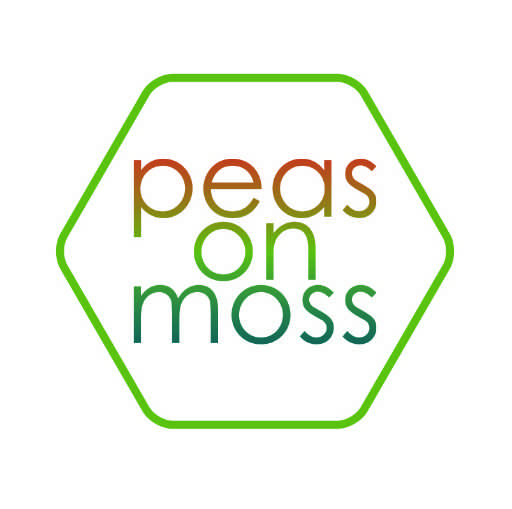Last week, I worked hard to publish several articles for Livestrong through a writers network called Demand Studios. I have been focusing on several articles about body image and weight training for women and adolescents. I also wrote a few articles about considerations for selecting organic products over conventional products.
As a nutrition educator, I believe it is important to write well-researched material. I have noticed on several websites that authors will use other .com sites, but the legitimacy of some of those sites are often questionable. Even though a site may exist, it may not be well researched and may simply reflect the opinion of the author. I will often select a large organization, company, professional association, or government website as my primary resource and will attempt to find legitimate smaller organizations to augment or to juxtapose an idea.
That is why, in my recent work with organic products, you will see several statements that start out with “in contrast, so-and-so states this.” There is always another way to view a topic, regardless of how strongly you may feel about that topic. Therefore, it is my responsibility to fairly and concisely share those perspectives.
Nutrition is one of those subjects in which everyone shares an opinion. Nutritionists and dietitians would like to claim expertise alone to that topic, but let’s face it, everyone eats, and everyone has a thought about what is right or good to eat. Variations within America will attest to this fact. A dietitian trained to work in clinical settings will likely hold a different opinion than the dietitian working in an athletic facility. Regional and cultural differences just make the opinion more unique. Does it make it wrong? No. Just unique.
I invite you to read some of the articles I offer through Livestrong. I don’t expect you to take it as “the expert’s advice,” but I encourage you to look at other similar topics and to glean what those authors suggest as well.


Recent Comments